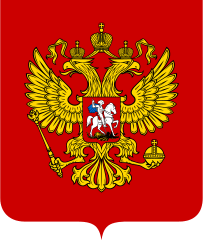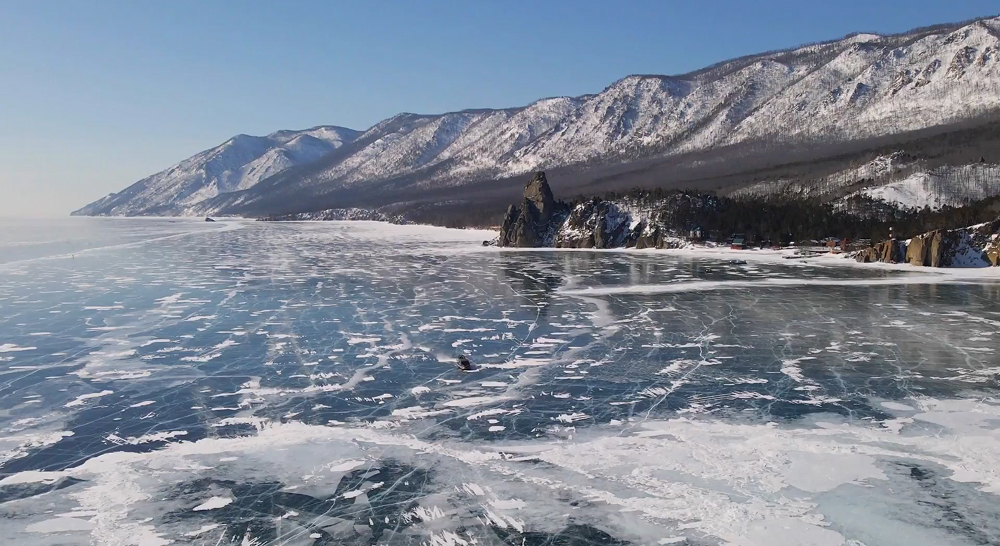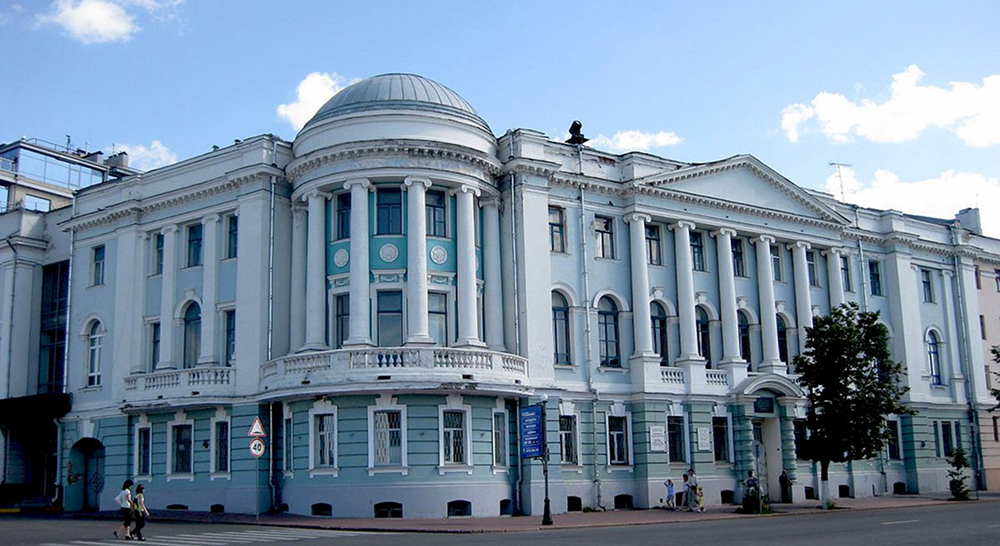Дык Хуи В.

One of the main advantages of studying at Polytechnic University for me personally is the high qualification and experience of teachers. They are professionals in their field, who are always ready to help and explain the material, as well as provide valuable knowledge, advice and recommendations. Thanks to this, I can deepen my knowledge and develop skills necessary for my future career.
Here I have found a lot of friends with whom we exchange knowledge, experience, participate in different events that take place in Polytechnic. I feel very comfortable here and can fully immerse myself in the learning process.























